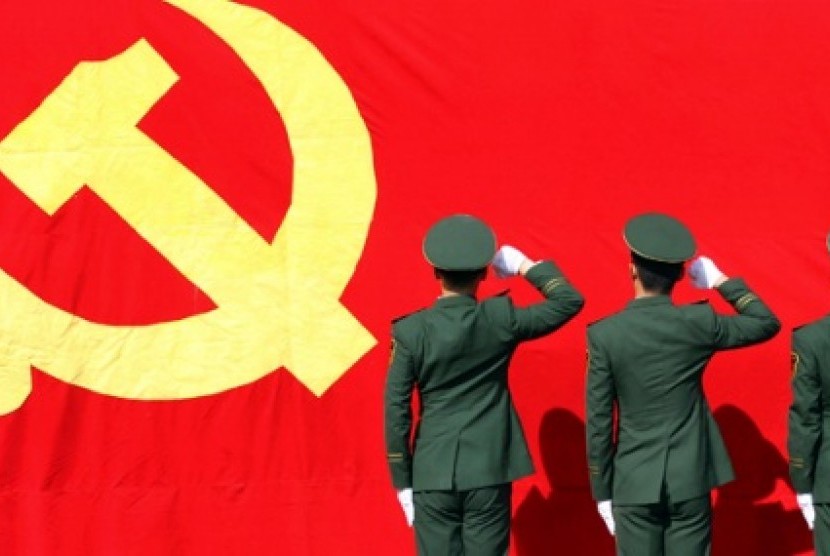REPUBLIKA.CO.ID, JAKARTA -- The Indonesian government has again asked China to again accept mangosteen, palm kernel cake and bird nest, three of its commodities the Chinese had banned so far.
Indonesia's Minister of Agriculture Suswono personally made the request at a meeting with his Chinese counterpart Han Chang Fu in Beijing on Thursday, the ministry of agriculture said in a statement received here.
The meeting happened ahead of the APEC Ministerial Meeting on food security scheduled to open on Friday.
Minister Suswono said that since 2013, mangosteen from Indonesia had been banned in China as it supposedly carried pest and metal.
A team from China's quarantine department (AQSIQ) had come to Indonesia from August 10-16 to conduct an inspection with regard to the case.
China has also stopped importing palm kernel expeller (PKE) for animal feed since 2013 by stating that PKE exporters must be registered with the AQSIQ.
AQSIQ had given PKE exporters until June 2014 to get registered with the agency. Only after documents were checked by an inspection team were they sent for verification.
In April 2014 also the documents had been sent to AQSIQ. The same thing happened in the case of bird nests.
President Susilo Bambang Yudhoyono and Chinese president Wu Jin Tao had agreed to accept bird nest products from Indonesia, but until now exports to that country were stalled due to the requirements from AQSIQ and China National, Certification and Accreditation Administration (CNCA).
The Indonesian Quarantine Service has given a feedback regarding recommendation from AQSIQ and CNCA in August but until now no response from the two agencies had been received.
"We have asked the minister (Chinese agriculture minister) for help so that the process in AQSIQ would run smoothly and the three Indonesian commodities would again enter China," Suswono said.
Meanwhile, the Chinese agriculture minister will communicate with the offices concerned to accelerate the process. He said, in essence, Chinese consumers and market are open to agricultural products from Indonesia so long as they meet sanitary and phytosanitary requirements set by China.
Besides the three commodities, the Indonesian agriculture minister had also discussed efforts to increase cooperation in agriculture between the two countries.
The two countries agreed to exchange their experiences in agricultural technology and agricultural aspects.
In the meeting, the two ministers also discussed investment in agriculture in the two countries. Chinese investors have been ready to invest in Indonesia while Indonesian investors have also been allowed to invest in the agricultural sector in China.


